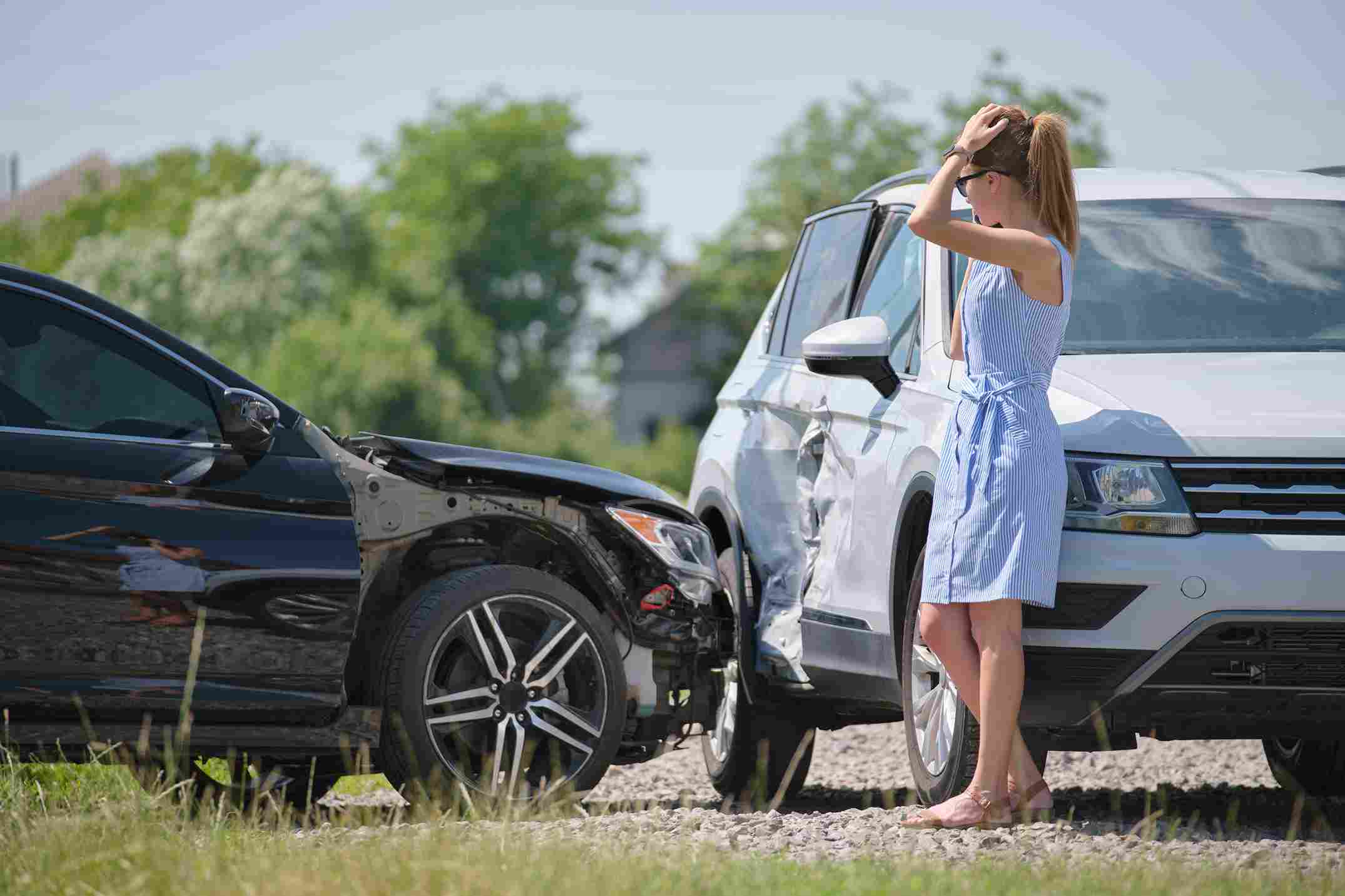Is Indiana a No-Fault State?

Understanding your rights can feel overwhelming when you’ve been in a car accident. Among the first questions many people have is, “Is Indiana a no-fault state?”
This question is crucial because it determines how insurance claims and lawsuits are handled after an accident. To help you better understand the law and your rights after an accident, our personal injury attorney Indianapolis, explains what it means for Indiana to follow a fault-based system and how it impacts accident victims seeking compensation.
Understanding Indiana’s Fault-Based Insurance System
Indiana is not a no-fault state; it operates under a fault-based system. This means that the party responsible for causing the accident is liable for the resulting damages. Victims can seek compensation through one of three main routes:
- Filing a claim with their own insurance company, which may later seek reimbursement from the at-fault party’s insurer.
- Filing a claim directly with the at-fault driver’s insurance company.
- Pursuing a personal injury lawsuit if a fair settlement cannot be reached.
The fault-based system often requires a thorough investigation to determine liability. This is where an Indiana personal injury lawyer becomes indispensable, ensuring that accident victims gather the necessary evidence to prove fault and secure fair compensation.
Indiana’s Comparative Fault Rule
Indiana follows a modified comparative fault rule. Under this system, you can recover damages even if you were partially at fault for the accident—so long as your share of the fault does not exceed 50%. If you are found 51% or more at fault, you lose the right to recover any compensation.
For example, if your damages amount to $100,000 and you are found 20% at fault, your compensation will be reduced to $80,000. This rule underscores the importance of skilled Indianapolis personal injury attorneys who can challenge unfair fault assignments and maximize your recovery.
Minimum Insurance Requirements in Indiana
To legally drive in Indiana, all motorists must carry a minimum amount of liability insurance:
- $25,000 for bodily injury per person
- $50,000 for bodily injury per accident
- $25,000 for property damage
While these amounts provide a baseline of coverage, they may not fully cover the costs of severe accidents. When insurance limits fall short, pursuing legal action with the help of a personal injury attorney Indianapolis can bridge the gap between what insurance pays and the true cost of your damages.
What Does “No-Fault” Mean, and Why Does Indiana Differ?
In no-fault states, drivers turn to their own insurance for compensation, regardless of who caused the accident. These systems often include restrictions on filing lawsuits unless injuries meet certain thresholds, such as permanent disfigurement or significant medical costs.
Indiana’s choice to remain a fault-based state allows accident victims to seek full compensation from the responsible party without such restrictions. This can lead to higher settlements, particularly in cases involving catastrophic injuries or wrongful death.
The Role of Personal Injury Attorneys in Indiana
After an accident, the at-fault driver’s insurance company often aims to minimize payouts. Experienced injury attorneys in Indiana can navigate these tactics, ensuring victims are not shortchanged.
An Indianapolis personal injury law firm will:
- Investigate the accident to establish fault
- Collect and present evidence, such as medical records, police reports, and witness statements
- Negotiate aggressively with insurance companies
- Represent clients in court if a fair settlement cannot be reached
Their expertise ensures that accident victims can focus on recovery while leaving the legal complexities to professionals.
Car Accident Statistics in Indiana
In 2022 alone, there were over 220,000 traffic collisions reported in Indiana, resulting in approximately 850 fatalities and tens of thousands of injuries, according to the Indiana Criminal Justice Institute. These numbers highlight the frequency of accidents and the importance of understanding your legal rights.
Additionally, distracted driving contributed to nearly 20,000 accidents, which highlights the need for accountability on Indiana’s roads. An Indianapolis personal injury lawyer is critical in holding negligent drivers responsible for the harm they cause.
When Should You File a Personal Injury Lawsuit?
Indiana has a two-year statute of limitations for personal injury claims, meaning victims must file their lawsuit within two years of the accident. Missing this deadline can forfeit your right to compensation, making it crucial to act promptly.
Consulting an Indiana personal injury lawyer soon after the accident ensures that all necessary steps are taken within the required timeframe.
How Compensation Works in Fault-Based Systems
Damages available in a fault-based state like Indiana typically include:
- Economic damages: Medical expenses, lost wages, and property damage.
- Non-economic damages: Pain and suffering, emotional distress, and loss of enjoyment of life.
There is no cap on compensatory damages in Indiana, except in cases involving medical malpractice. This allows victims to pursue full compensation for their losses.
Protecting Your Rights in Indiana’s Fault System
While Indiana’s fault-based system can provide greater opportunities for compensation than no-fault states, it also places the burden on victims to prove liability. Navigating this process without experienced legal representation can be overwhelming and costly.
If you’ve been injured in a car accident, our team will investigate the accident, negotiate with insurers, and litigate in court. As experienced Indianapolis personal injury attorneys, we are committed to ensuring you receive the compensation you deserve.
Don’t leave your future to chance. Contact a trusted personal injury attorney Indianapolis today to explore your options and take the first step toward recovery.
Read More
Copyright © 2025 Vaughn A. Wamsley. All rights reserved.
